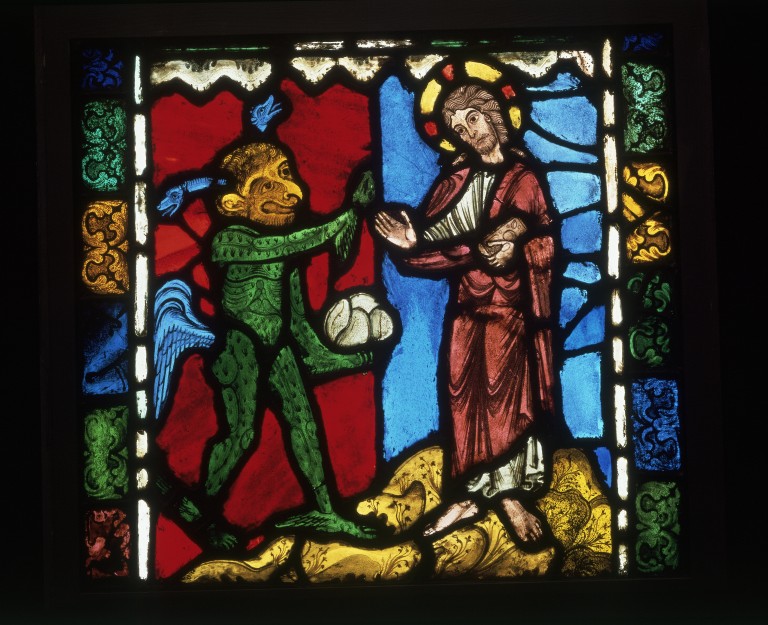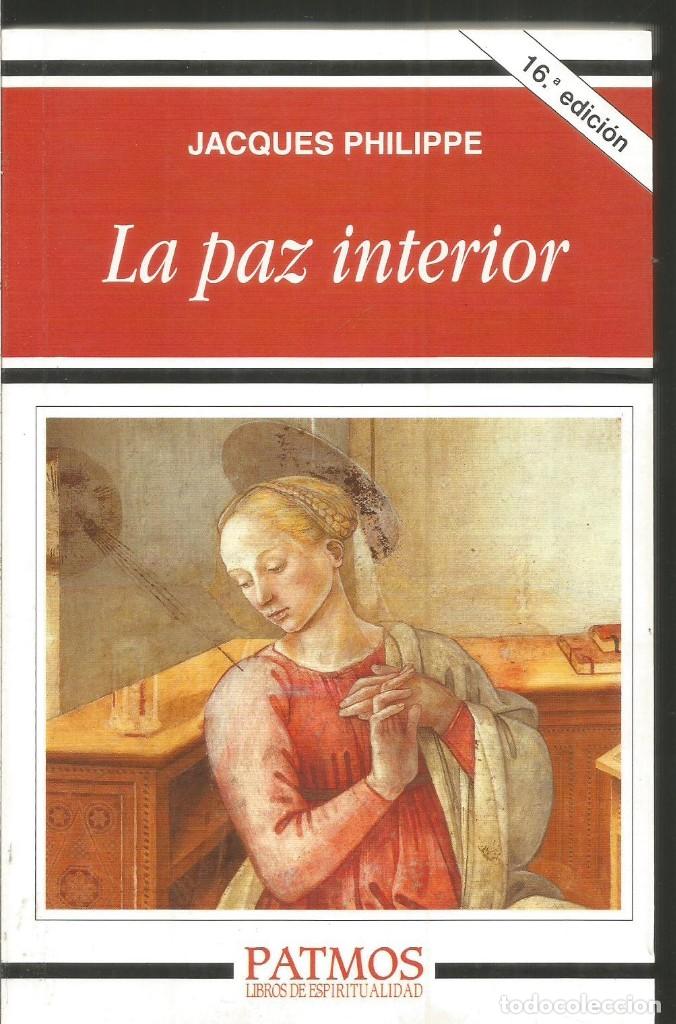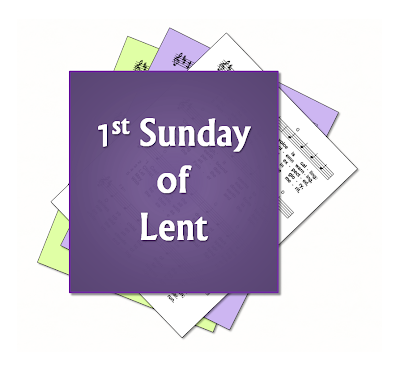
Jesús, ¿por qué tentado tú, de dónde,
por qué probado en todo, si no es tuya
la masa pecadora de mi carne,
si el alma tuya es luz, si es toda pura?
¿Por qué mezclas tu sangre con la mía,
y sufres, sudas como el pobre suda,
y temes como teme quien ignora,
y aceptas el vivir en noche oscura?
¿Por qué entras en combate, cual si fueras
deudor por tus raíces o tu culpa,
y un algo en ti tuviera de conquista
aquel que al mundo agarra con sus uñas?
¿Por qué? Decid, palabras bien pensadas,
decid buenas razones que nos cumplan;
mostrad inteligible esa frontera,
dad cuenta, si podéis, de esa locura.
La lengua calla y el pecho silencioso
piadosamente adora y ama y rumia,
y sabe en rendimiento que no tiene,
ajeno al loco amor, razón ninguna.
¡Oh Cristo, Bienamado, Rey glorioso,
por qué desde tu faz tanta ternura.!
¡A ti la gloria, el premio, la alegría
y toda gratitud de criatura! Amén.
R. Maria Grández (letra) – F. Aizpurúa (música),
capuchinos,
Himnario de las Horas, Ed. Regina, Barcelona 1990, pp. 51-54 •










/arc-anglerfish-arc2-prod-dmn.s3.amazonaws.com/public/IWMCXP6QVEWNSEWFFSW4M6EHHQ.jpg)







